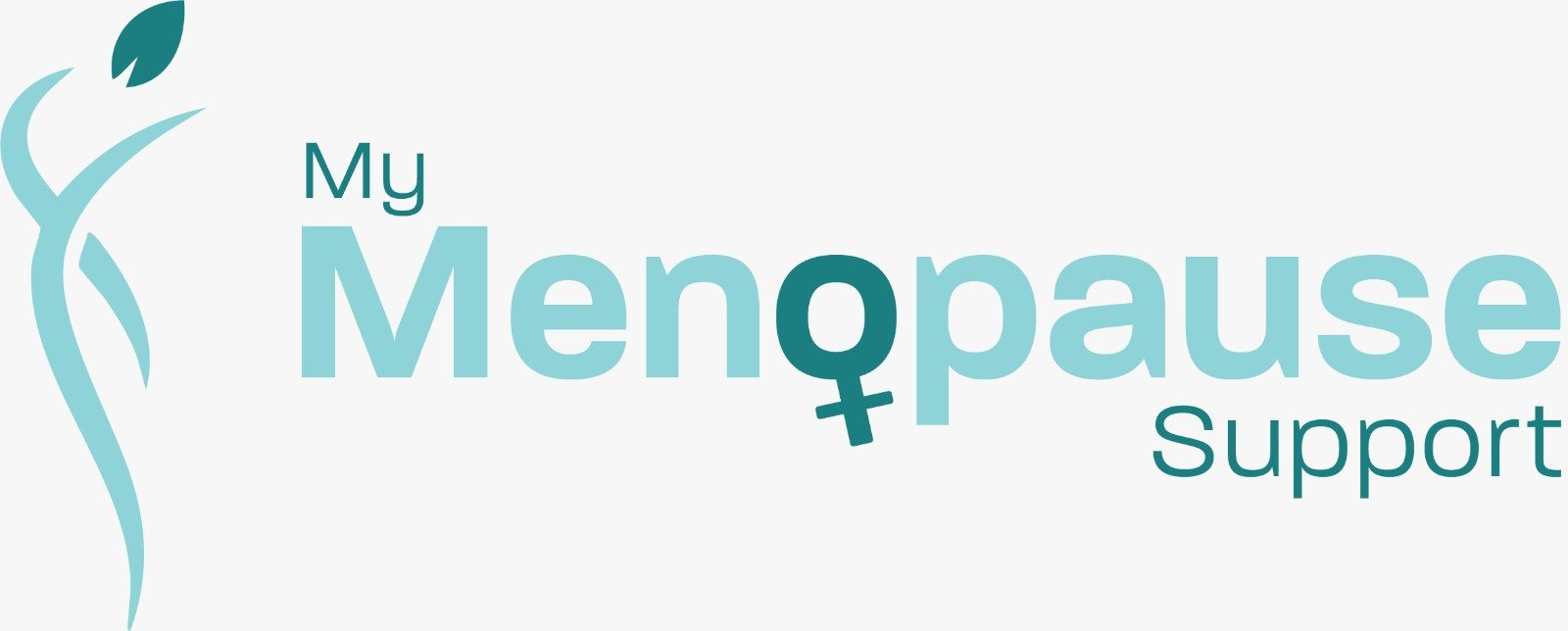Menopause Health & Wellness
Managing Severe PMS & PMDD in Perimenopause
Navigating the Storm: When PMS & PMDD Meet Perimenopause
If you have lived with Premenstrual Syndrome (PMS) or its severe, debilitating form, Premenstrual Dysphoric Disorder (PMDD), you are already an expert in navigating monthly hormonal shifts. You have likely spent years, or even decades, bracing for the cyclical onslaught of anxiety, irritability, depression, and physical discomfort. But what happens when, in your late 30s or 40s, this predictable storm becomes a chaotic and unpredictable hurricane?
This worsening of symptoms is often the first sign of perimenopause. The hormonal instability of this new life stage can dramatically amplify the sensitivities that drive PMS and PMDD, leaving you feeling completely overwhelmed and out of control.
At MyMenopauseSupport.org, Dr. Sonia Dudeja has a profound understanding of this challenging intersection. We take the severity of PMS and PMDD seriously. You are not being “overly sensitive” or “dramatic.” You are experiencing a real and severe neurobiological response to hormonal triggers, and we are here to provide an accurate diagnosis and effective treatments to help you find calm in the storm.

The Science
Why Perimenopause Makes PMS & PMDD Worse
Women with PMS and PMDD have a heightened sensitivity to the normal fluctuations of hormones in the menstrual cycle. Perimenopause takes this to an extreme level.
Erratic Hormonal Fluctuations
A regular menstrual cycle has a somewhat predictable rise and fall of estrogen and progesterone. Perimenopause is hormonal chaos. You can experience dramatic estrogen spikes that are much higher than normal, followed by steep drops. Progesterone levels often decline and become erratic. For a brain that is already sensitive to these hormones, this instability can trigger a severe worsening of your symptoms, making them feel more intense and last longer.
The PMDD Connection
PMDD is a severe neurobiological condition where the brain has an abnormal response to normal hormone changes, leading to severe mood symptoms like depression, hopelessness, and rage.[3] The wild and unpredictable hormonal swings of perimenopause can feel like pouring gasoline on a fire for someone with PMDD.
Symptom Overlap
The symptoms of perimenopause (anxiety, sleep disruption, brain fog) and PMS/PMDD are nearly identical. This can make it incredibly difficult to know what is causing what, leading to confusion and delays in getting the right treatment.
Your Path Forward
A Strategy to Stabilize and Soothe
Managing severe PMS or PMDD during perimenopause requires a sophisticated approach focused on stabilizing the underlying hormonal chaos. Dr. Sonia Dudeja’s approach is to provide a clear diagnosis and a targeted treatment plan.
Accurate Diagnosis Through Symptom Tracking
- The first step is clarity. We will often use detailed symptom tracking to differentiate between your baseline PMS/PMDD and new perimenopausal symptoms. This allows us to create a precise and effective treatment strategy.
Evidence-Based Medical Treatments
Hormone Stabilization: The goal is to smooth out the hormonal peaks and troughs. This can be achieved with modern, body-identical Hormone Replacement Therapy (HRT). Providing a steady, stable level of estrogen with protective progesterone can prevent the dramatic hormonal shifts that trigger your symptoms.[4]
- SSRIs (Selective Serotonin Reuptake Inhibitors): SSRIs are a first-line medical treatment for severe PMDD and can be very effective for PMS.[5] They work by helping to regulate serotonin, a key mood chemical in the brain, and can be taken either continuously or just in the second half of the cycle.
- Hormonal Contraceptives: Certain types of birth control pills can also be used to suppress ovulation and stabilize hormone levels, providing relief from PMS/PMDD symptoms.
Integrated Wellness & Lifestyle Support
- Targeted Nutrition: We provide guidance on a diet that supports stable blood sugar and includes nutrients that are crucial for mood regulation, such as magnesium and B vitamins.
- Stress Resilience: While lifestyle changes cannot cure PMDD, building a robust toolkit of stress management techniques—such as mindfulness, yoga, and regular exercise—is essential for managing your nervous system’s response to hormonal triggers.


Frequently Asked Questions
It was very comfortable talking to Dr Dudeja about the symptoms I have been experiencing. She made me feel at ease so I could explain everything in detail.
I was made to feel at ease and comfy very quickly which helped me relax and explain my struggles and symptoms .

